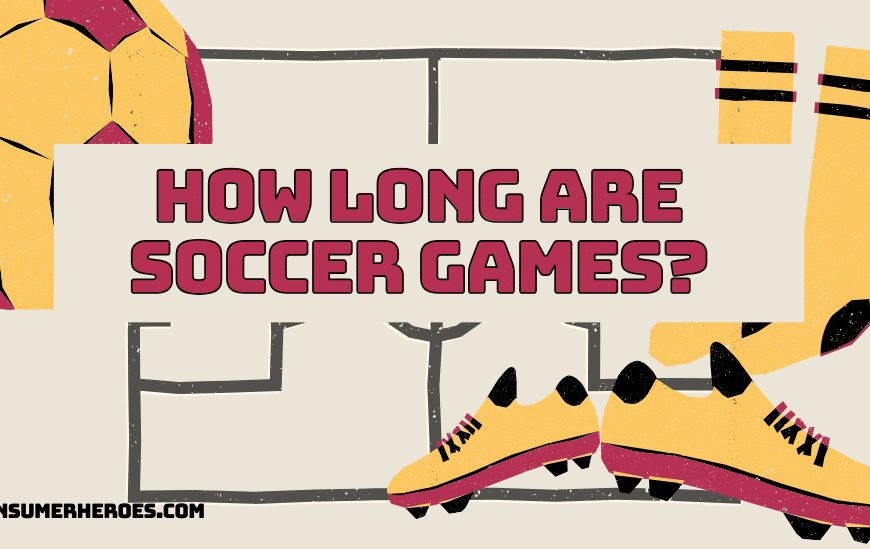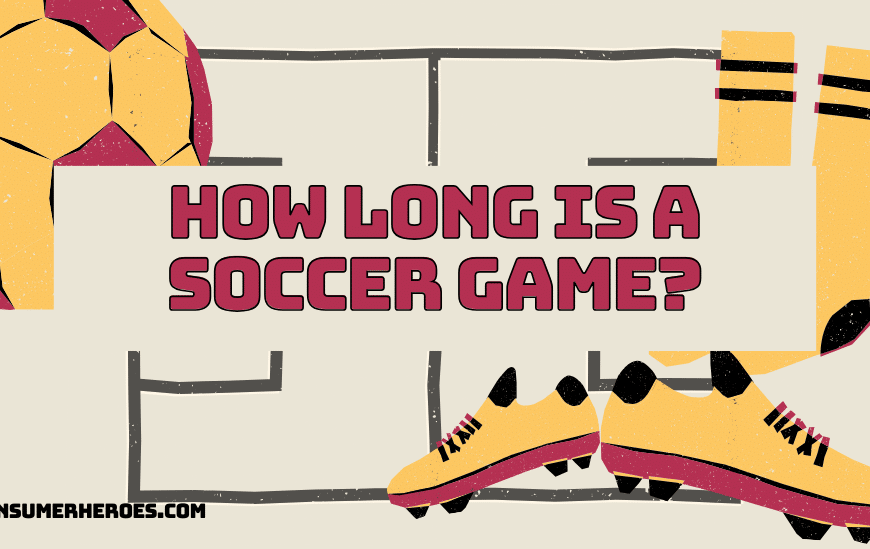Soccer, also known as football, is one of the most popular sports in the world. It is played by millions of people worldwide, both professionally and recreationally. Despite its widespread popularity, the origins of soccer are shrouded in mystery, and there is no clear answer to the question of who invented soccer.
There are several theories about the origins of soccer, but none of them can be definitively proven. Some historians believe that soccer originated in ancient China, where a game called cuju was played as early as the Han Dynasty (206 BCE – 220 CE). Others believe that soccer was invented in ancient Greece, where a game called episkyros was played as early as the 5th century BCE. Still, others believe that soccer originated in ancient Rome, where a game called harpastum was played.
Despite the lack of a clear answer, there is no doubt that soccer has a rich and fascinating history. From its humble beginnings to its current status as a global phenomenon, soccer has captured the hearts and minds of people all over the world. Whether you are a die-hard fan or a casual observer, there is no denying the impact that soccer has had on our world.
Origins of Soccer
Ancient Times
The origins of soccer can be traced back to ancient times, where different variations of the game were played across different civilizations. The Chinese, for instance, played a game called Cuju, which involved kicking a ball through a small opening in a piece of cloth. Meanwhile, the Greeks played a game called Episkyros, which involved two teams trying to get a ball over the opponents’ boundary lines. The Romans also played a similar game called Harpastum, which involved kicking or carrying a ball across a line.
Medieval Period
During the medieval period, soccer continued to evolve and become more popular across Europe. In England, a game called “mob football” was played, which involved two opposing teams trying to get a ball from one end of the town to the other. The game was often violent and had very few rules, with players using any means necessary to get the ball to its destination.
In the 19th century, soccer began to take on a more organized form, with the establishment of various football clubs and the creation of the first set of standardized rules. These rules were created by the English Football Association in 1863 and helped to establish soccer as a more formalized sport.
Overall, the origins of soccer are rooted in ancient times, with different civilizations playing variations of the game. It wasn’t until the medieval period and the subsequent establishment of standardized rules that soccer began to take on a more organized and formalized form.
Modern Soccer
Establishment of Rules
In the mid-19th century, soccer was played with a variety of rules, depending on the location. This led to confusion and disagreements among players, which prompted the need for a standardized set of rules. The first official set of rules was established in 1863 by the newly-formed Football Association (FA) in England.
The rules were simple and straightforward, consisting of just 13 laws. They included regulations such as the size of the field, the number of players on each team, and how the ball could be handled. These rules formed the foundation for modern soccer and are still used today with only minor modifications.
Formation of Associations
As soccer grew in popularity, it became clear that a governing body was necessary to oversee the sport and ensure that it was being played fairly and safely. In 1904, the Fédération Internationale de Football Association (FIFA) was founded in Paris, France, with the goal of promoting and regulating soccer worldwide.
Today, FIFA is the largest and most powerful soccer organization in the world, with 211 member associations from around the globe. It is responsible for organizing international tournaments such as the World Cup, as well as setting rules and regulations for the sport.
Overall, the establishment of standardized rules and the formation of governing bodies such as the FA and FIFA have played a crucial role in the development and success of modern soccer.
Influential Figures in Soccer History
Soccer has a rich history, and it is impossible to discuss it without mentioning the people who have contributed to its development. Here are some of the most influential figures in soccer history:
Ebenezer Cobb Morley
Ebenezer Cobb Morley is considered the father of modern soccer. He was instrumental in the formation of the Football Association (FA) in 1863, which standardized the rules of the game. Morley was also the first person to write down the rules of soccer, which were later adopted by the FA. His contributions to the development of soccer have made him a legendary figure in the sport.
Pele
Pele is widely considered one of the greatest soccer players of all time. He won three World Cups with Brazil and scored over 1,000 goals in his career. Pele’s skill, speed, and agility on the field were unmatched, and he inspired countless players to take up the sport. He also helped popularize soccer in the United States when he joined the New York Cosmos in 1975.
Johan Cruyff
Johan Cruyff was a Dutch soccer player and coach who revolutionized the game with his innovative tactics and style of play. He was the star player of the Dutch national team in the 1970s and led them to the World Cup final in 1974. Cruyff was also a successful coach, leading Barcelona to four consecutive La Liga titles in the early 1990s. His influence on the game can still be seen today in the way many teams play.
Sir Alex Ferguson
Sir Alex Ferguson is one of the most successful soccer coaches in history. He led Manchester United to 13 Premier League titles, five FA Cups, and two UEFA Champions League titles during his 26-year tenure at the club. Ferguson was known for his ability to develop young talent and his tactical acumen. He also had a reputation for being a strict disciplinarian, which earned him the respect of his players.
These are just a few of the many influential figures in soccer history. Their contributions to the sport have helped make it the global phenomenon it is today.
Global Impact of Soccer
Soccer is the most popular sport in the world, with an estimated 4 billion fans. It has a significant impact on the global community, both socially and economically. Here are some of the ways in which soccer has influenced the world:
Social Impact
Soccer has the power to bring people together. It is a sport that transcends borders, languages, and cultures. When two teams play against each other, it creates a sense of unity and shared experience among the fans. Soccer has been used to promote peace and understanding between nations, and it has been a tool for social change in many countries.
Economic Impact
Soccer is a multi-billion dollar industry. It generates revenue through ticket sales, merchandise, broadcasting rights, and sponsorships. The World Cup, which is held every four years, is the most-watched sporting event in the world, with billions of viewers tuning in to watch the games. The economic impact of hosting a World Cup can be significant, with countries investing billions of dollars in infrastructure and facilities to prepare for the event.
Cultural Impact
Soccer has had a significant impact on popular culture. It has inspired movies, books, and music, and has become a symbol of national identity for many countries. The sport has also given rise to a unique language of its own, with terms like “hat-trick,” “offside,” and “penalty kick” entering the lexicon of many languages.
Overall, soccer has had a profound impact on the world, bringing people together, generating economic growth, and inspiring cultural expression.
Conclusion
In conclusion, the origins of soccer remain a topic of debate. While some historians credit the ancient Greeks and Romans for playing a game similar to soccer, the modern version of the sport is widely believed to have originated in England in the 19th century.
The development of soccer was a collective effort by many individuals and organizations, including schools, clubs, and associations. However, the credit for inventing the modern game is often attributed to the Football Association (FA), which was established in 1863.
Over the years, soccer has evolved into a global phenomenon, with millions of fans and players around the world. The sport has brought people together and has become a symbol of unity and teamwork.
Despite the controversies surrounding the origins of soccer, one thing is certain: the sport has had a profound impact on the world and will continue to do so for many years to come.







